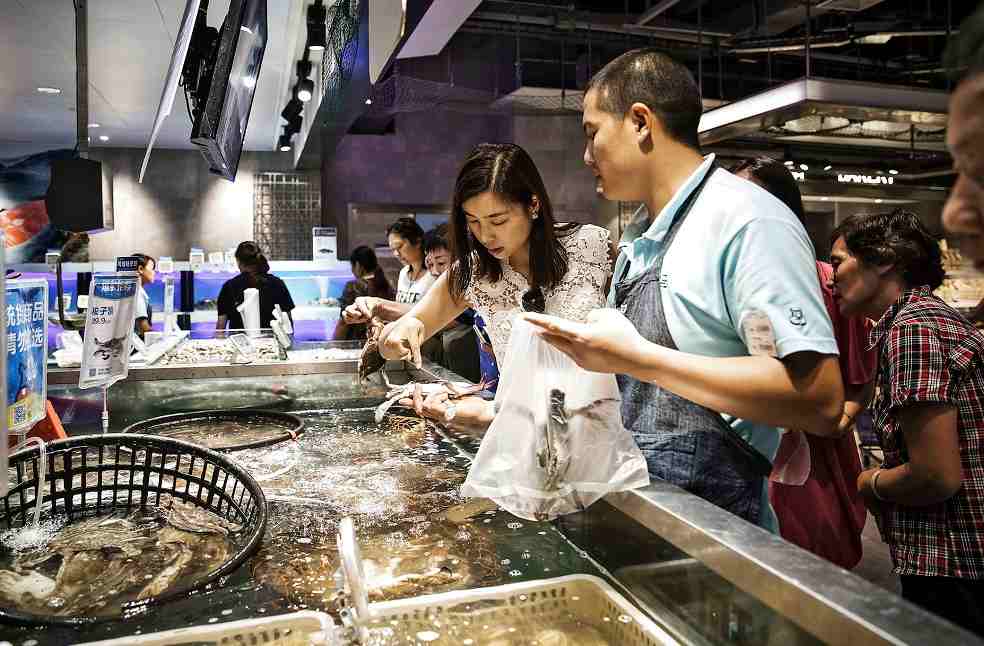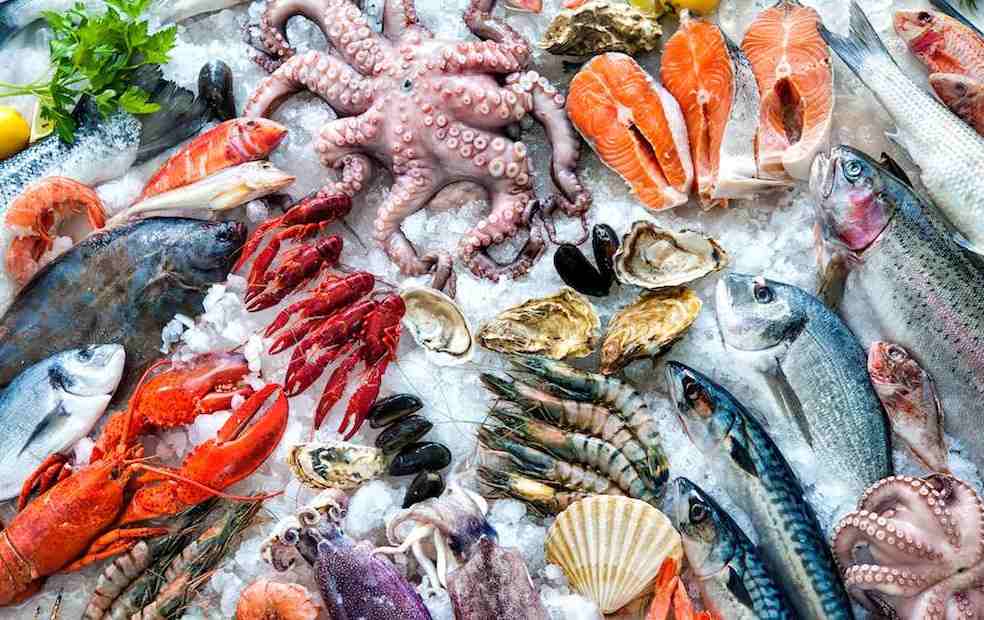Highlighting the fragile ties between Japan and China, the Japanese government lodged a formal protest with the World Trade Organization (WTO) on Tuesday. The protest concerns China’s decision on import seafood ban from Japan, a move that followed Japan’s initiative to discharge treated radioactive water from the imperiled Fukushima nuclear power plant.
During the recent press briefing, Chief Cabinet Secretary Hirokazu Matsuno confirmed that the Japanese side circulated the protest document, dated Monday, to WTO member nations. China’s announcement of the import ban last week led to this immediate response from Japan.
Describing Beijing’s action as “totally unacceptable,” the document underscored Tokyo’s resolve and emphasized its appeal to China to retract its restrictive measure swiftly.

Remarking on their position as major consumers, mainland China and Hong Kong marginally bolstering Japan’s seafood exports. The ramifications of the ban are evident. Favorites of Chinese cuisine, including scallops and sea cucumbers from Japan, experienced dramatic price reductions. Surprisingly, even regions as remote as Hokkaido, far removed from Fukushima and renowned for its scallop industry, weren’t insulated from these economic tremors.
With a vision to buttress the impacted sectors, the Kishida administration committed to an impressive $729.1 million to rejuvenate the distressed fishery industry.

Matsuno emphasized that Japan requested China reconsider the import ban based on stipulations within the Regional Comprehensive Economic Partnership trade agreement. Both nations are signatories to this agreement.
Japan’s contentious decision to initiate the treated water release on Aug. 24 faced significant opposition, not least from the domestic fishing fraternity and, predictably, China. The catastrophic earthquake and ensuing tsunami of March 2011 left the Fukushima Daiichi nuclear plant in ruins.

Japan asserts the purification process efficiently eliminates most radionuclides, with tritium being the exception, vouching for the water’s safety. China remains unconvinced, persistently advising Japan against discharging what they label as “nuclear-contaminated water.”
This dispute, while centered on trade, underscores deeper tensions and unveils a complex tapestry of regional geopolitics binding these Asian behemoths.
IMEX SECTOR | China Bans Japanese Seafood: Fukushima Release Ignites Tensions



